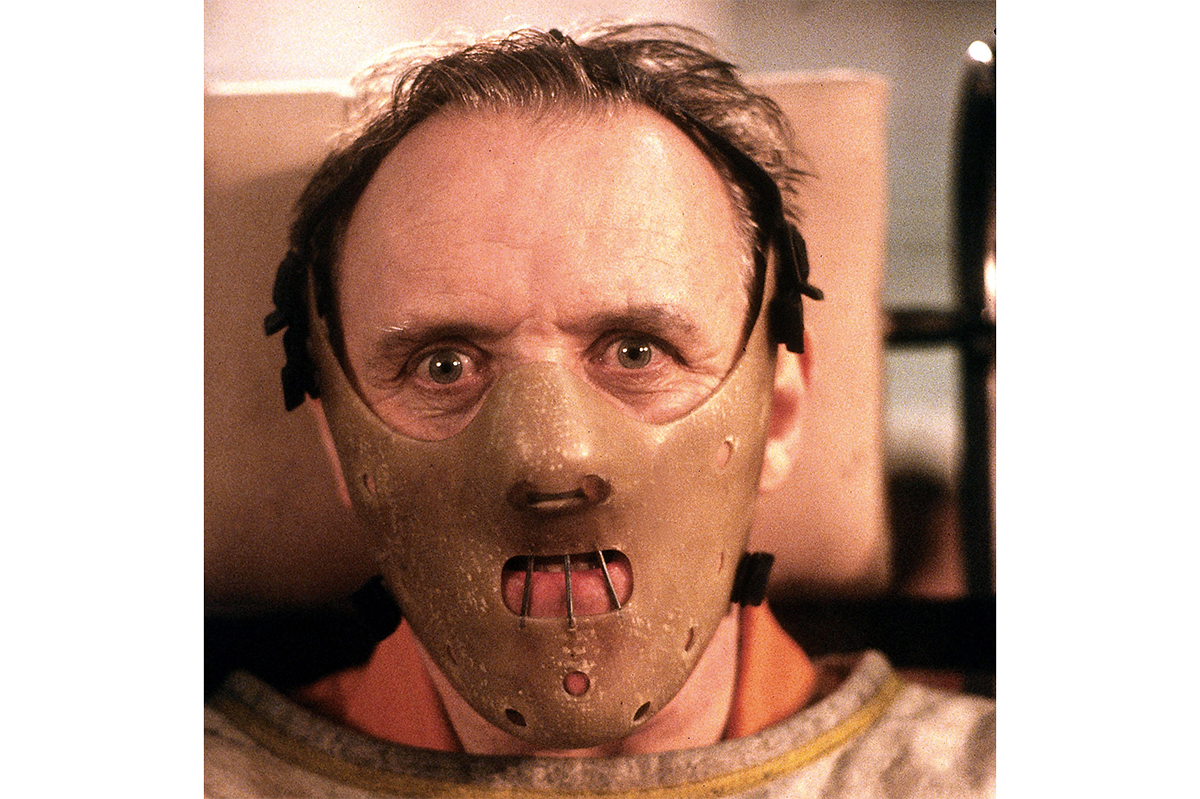Sam Riviere has established himself as a seriously good poet who doesn’t take himself too seriously: his first collection, 81 Austerities, opened with an account of how he blew all the arts funding money awarded him, and his second, Kim Kardashian’s Marriage, is the only appearance of that august celebrity’s name in the distinguished Faber livery.
Now we have his first ‘proper’ novel, following some experimental prose works. ‘Of course,’ as John Cheever wrote, ‘one never asks is it a novel? One asks is it interesting’, and Dead Souls is definitely interesting. It also fits the pattern of the poetry: this is a funny, even silly, but smart take on the literary world and the clash of commerce and creativity generally.
It takes the form of a 300-page paragraphless monologue by the unnamed editor of a poetry magazine, in a parallel world that’s a satirically exaggerated version of our own, where London is ‘paywalled’ to protect its status as the cultural hub of the country. It’s a world of poetry anthologies nobody reads (secondhand bookshop owners burn unsold copies under cover of darkness), where people attend poetry recitals only out of ‘a sense of obligation’, and ‘the bookshop tote bag had replaced the band T-shirt’ as the marker of cool for ‘beautiful and expressionless young people’.
But our narrator is really here to share the story of Solomon Wiese, a poet accused by AI technology of plagiarism. This comes with a knowing wink, because Dead Souls too draws deeply on other writers: not just the Gogolian title but the soul of the style, which is so indebted to the tics of the Austrian novelist Thomas Bernhard — the nested narratives, the reflexive sentences (‘I am living through a period in which things are continually getting better and things are continually getting worse’), the unpredictable italicizations — that it’s effectively a pastiche.
Riviere does make it his own, however: less vinegar and vitriol than Bernhard, more wryness and lashings of irony, plump with riffs on writers, authenticity and the English national character. The form — the long sentences, the repetitions, the no-rest-stops solidity of it — makes it a slog at times, though it’s hardly the first good book you could say that about. The result is, to adopt the description of one barmy initiative in the novel, ‘a wildly hopeful or wildly hopeless experiment it was hard not to be struck by, one way or the other’.
This article was originally published in The Spectator’s UK magazine. Subscribe to the World edition here.

























